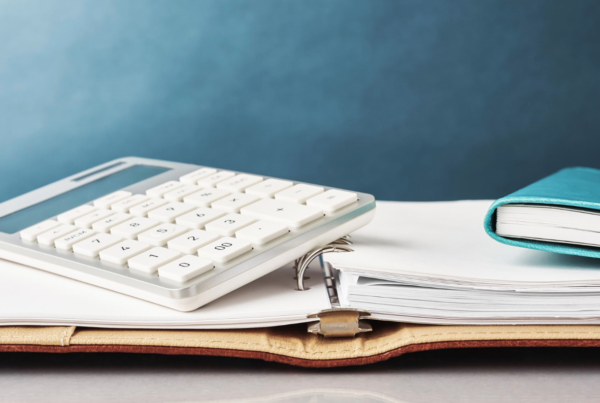Do you always have a choice in how you respond to a situation?
Between stimulus and response is a gap – in that gap you have a choice as to how you will respond.
It may not seem like it at the time, but we always have choice. Even when we are having a bad day, or something awful has happened, we still have the freedom and responsibility to choose how we respond. We choose to be reactive or proactive in our response – we can make things better or bitter.
Our job as leaders is always to choose optimism, the people around you will look to you and take cues from you. If something isn’t going well; if you fall into despair so will your team. If you choose to make things better your team are more likely to follow.
The problem is we are creatures of habit, and our brain is really good at reinforcing our habits without us having to think about what we are doing, a bit like running an automatic programme. This is great if you have already developed a way to regulate your emotional response to situations, but how do you train your brain to create new, more helpful habits?
A good place to start is by identifying what triggers you, then explore what it is about the situation that may be causing you to react that way. Pay attention to any physical cues that may be going on in your body at the time. For example, can you feel your jaw clenching, or hear your heart pounding? Try being curious about what may have triggered the response. Can you identify any patterns in your behaviour by thinking back on other situations where you reacted that way?
Once you understand your triggers, the next challenge is to slow the brain down when you sense your trigger is about to fire off. A quick tip is to take 3 breaths before you respond. In this gap, choose your perspective on the situation and regulate your emotional response by consciously choosing a more fitting reaction to the situation.
I am often asked, “Why do I need to learn more about myself?” As leaders, the more we know about ourselves and how we react, the more we can steady, focus and direct ourselves. The more we steady, focus and direct ourselves, the more effectively we can lead others.
-
What’s your habitual reaction to things you experience? Is it different in certain situations e.g. workplace, home?
-
When does it work well for you, and when does it work against you?
-
Are there certain situations where it would be more helpful to choose a different response?





